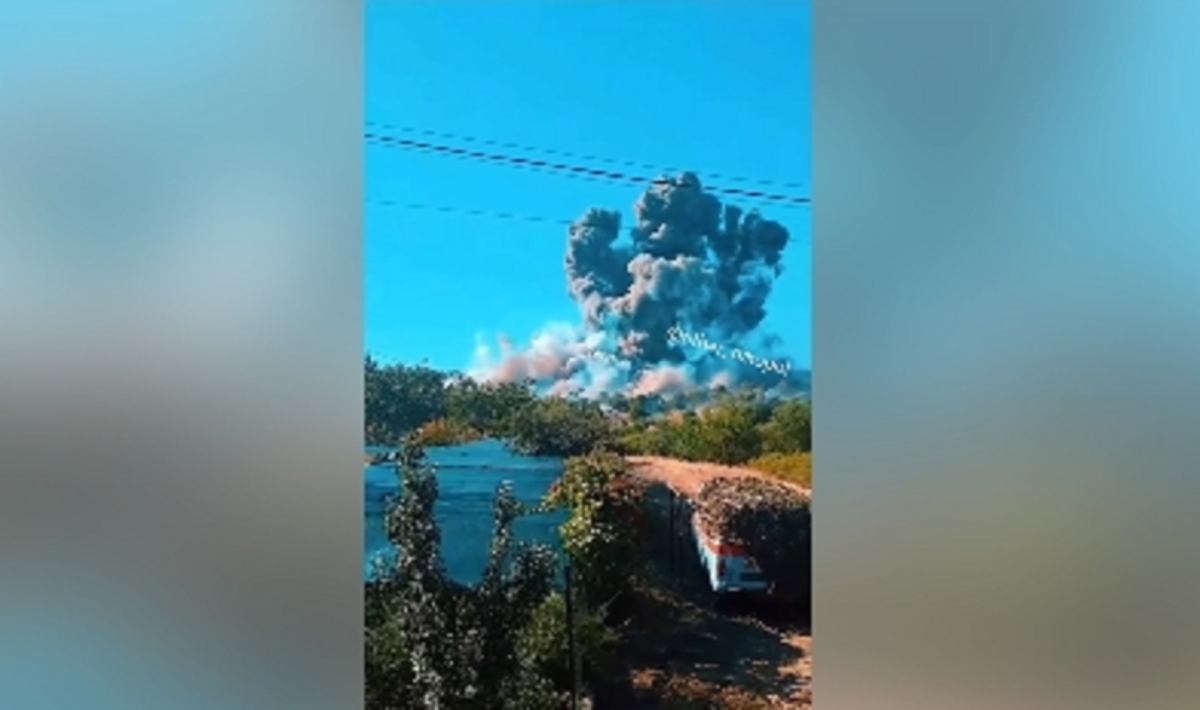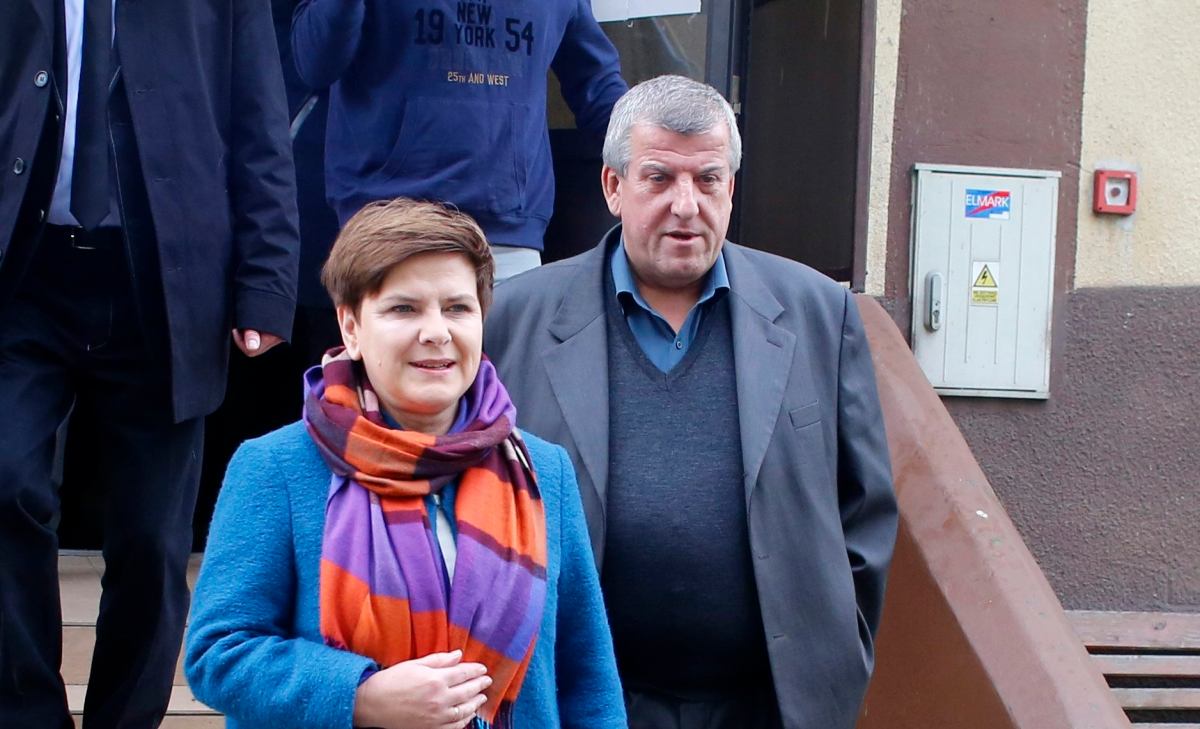Doctors in Gaza describe dire conditions as they struggle to treat civilians amid war and shortages.
Isolated and Desperate
Gaza remains cut off from the world, with no foreign journalists, volunteers, or activists allowed in. Communication is scarce, and real aid is nearly impossible. One viable option is sending Arabic-speaking doctors for month-long stints in hospitals to treat wounded civilians. Gazeta.pl and the Polish Medical Mission have launched a fundraiser to cover costs for doctors at al-Aksa Hospital, one of the last functioning hospitals in Gaza. Over 100,000 złoty has already been raised.
A Doctor’s Harrowing Account
Dr. Jazid al-Adjluni, a Jordanian surgeon, shared his experiences after three weeks in Gaza. He specializes in maxillofacial surgery and is part of a team treating facial and skull injuries. The team includes anesthesiologists, orthopedists, and general surgeons, all from Jordan. They arrived three weeks ago and will stay until the end of September.
Al-Adjluni described the challenges of entering Gaza, often receiving approval just 6–7 hours before departure. They are allowed minimal medical equipment and cash, making preparation nearly impossible. The journey, which should take three hours, can take up to 14 hours due to checkpoints and blockades. Upon arrival, they immediately began working in a hospital that was once a maternity ward but has been repurposed due to the war.
Overwhelmed and Under-Resourced
The hospital, now the main facility in Gaza, is severely overcrowded, with four times the capacity it was designed for. Patients lie in hallways and corridors, fighting for space. The hospital relies on a small generator for power, which is rationed due to fuel shortages. Water is also scarce, with only a few liters available per day. Patients must bring their own water, and hygiene is nearly nonexistent.
Dr. Al-Adjluni described the lack of medical supplies, forcing doctors to improvise. For example, without specialized plates to support a patient’s eye after a fracture, they must sew the eye closed, leaving it sunken. The hospital lacks intensive care beds, forcing patients to remain on operating tables for days after surgery.
Beyond Medical Care
The doctor highlighted the broader struggles of Gaza’s residents, including malnutrition and a lack of basic supplies. Families are forced to scavenge for firewood and water, with prices inflated by the war. The psychological toll is immense, with people describing their lives as a “living hell.”
Dr. Al-Adjluni emphasized the need for international pressure to end the blockade and provide aid. He urged people to understand the situation in Gaza, stating that the residents deserve better and that the world must act.
A Call for Action
The Polish Medical Mission continues to send doctors to Gaza, and donations are being accepted to support their efforts. Every contribution helps provide critical medical care in an area desperate for aid.










